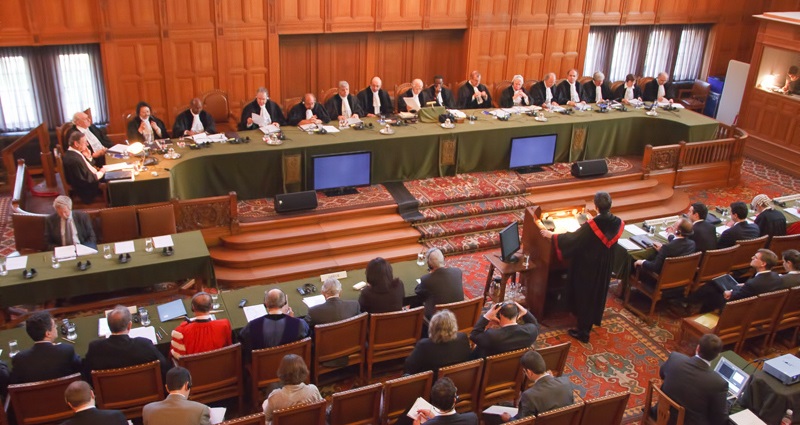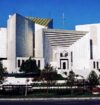ICJ Declares Israel’s Occupation of Palestinian Territories Illegal
In a landmark ruling, the International Court of Justice (ICJ) has declared that Israel’s continued presence in the Occupied Palestinian Territories (OPT) is illegal under international law. ICJ President Nawaf Salam announced the court’s findings, stating that Israel must “bring an end to its unlawful presence in the Occupied Palestinian Territory as rapidly as possible.”
- Occupation and Control:
- Despite Israel’s 2005 withdrawal from the Gaza Strip, the ICJ ruled that Israel’s occupation continues due to its effective control over the area.
- The court emphasized that Israel should evacuate all settlers from the West Bank and East Jerusalem, labeling the settlements illegal.
- Settlements and Sovereignty:
- Since 1967, Israel has established approximately 160 settlements, housing around 700,000 Jews in the West Bank and East Jerusalem. The ICJ reaffirmed that these settlements violate international law.
- The court stated that Israel’s policies and practices amount to the annexation of large parts of the OPT, which is prohibited under international law. Furthermore, it asserted that Israel has no sovereignty over any part of the occupied territories.
- Discrimination and Resource Exploitation:
- The ICJ criticized Israeli restrictions on Palestinians, describing them as systemic discrimination based on race, religion, or ethnic origin.
- The court also highlighted the illegal exploitation of Palestinian natural resources and violations of their right to self-determination.
- Reparations and International Response:
- The ICJ called for Israel to pay reparations to Palestinians for damages caused by the occupation.
- It advised other states to avoid actions, including providing aid or assistance, that would perpetuate the current situation.
- Israeli Prime Minister Benjamin Netanyahu swiftly rejected the court’s findings, stating, “The Jewish people are not occupiers in their own land — not in our eternal capital Jerusalem, nor in our ancestral heritage of Judea and Samaria.”
- Netanyahu dismissed the court’s decision as baseless, asserting the legality of Israeli settlements and Israel’s sovereignty over Jerusalem.
- The Palestinian leadership welcomed the ICJ’s ruling. Hussein Al Sheikh, Secretary General of the Palestine Liberation Organisation (PLO), hailed it as a “historic victory for the rights of the Palestinian people and their right to self-determination.”
- Al Sheikh urged the international community to respect the court’s opinion and compel Israel to end its occupation of Palestinian territories.
The ICJ’s advisory opinion, while not legally binding, carries substantial political weight and marks the first time the court has delivered a position on the legality of Israel’s 57-year occupation. The ruling will now be presented to the UN General Assembly, which will decide on subsequent actions, potentially including the adoption of a resolution. This could act as a catalyst for future negotiations and set legal parameters for a negotiated settlement.



